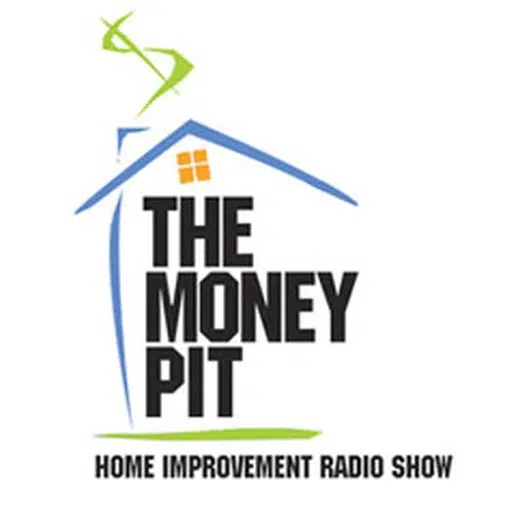By Ann Saphir and Jonnelle Marte
SAN FRANCISCO/NEW YORK (Reuters) – Joe Biden is returning to the White House to lead the United States in the midst of an economic crisis after beating President Donald Trump in Tuesday’s election, a turn of events likely to conjure an eerie sense of deja vu for the Democratic former vice president.
Unlike in 2008, when the country elected Democrat Barack Obama and his running mate Biden as the global economy teetered from the sub-prime mortgage crisis and collapse of the Lehman Brothers investment bank, the worst of the current economic downturn may have passed already, economists and analysts say.
“We were still falling into the abyss,” recalls Donald Kohn, who was the Federal Reserve’s vice chair during the 2007-2009 Great Recession, which stood as the worst U.S. downturn since the Great Depression until it was eclipsed by the current crisis.
As Obama and Biden took office in January 2009, U.S. unemployment was still rising – it wouldn’t peak until 10 months into their first term, when it hit 10%.
Biden, who had spent more than a quarter of a century in Congress before becoming vice president, helped push through an $800 billion stimulus package that was criticized by Republicans as wasteful and by those on the left as too small. “We know some of this money is going to be wasted,” he told https://www.reuters.com/article/us-usa-biden-transparency/biden-says-some-waste-inevitable-part-of-stimulus-idUKTRE5516HE20090602 business leaders in June of 2009 with characteristic bluntness, urging them to accept the package.
The U.S. unemployment rate didn’t drop below the level it was at when Obama and Biden were elected until a year into their second term.
Today, the economic landscape is again ugly, with the U.S. economy technically in recession and 3.5% smaller than it was at the beginning of 2020 even after notching record high growth in the third quarter.
Millions of Americans, especially in the restaurant, travel and entertainment sectors, remain out of work, with no immediate job prospects in sight.
In the worst-case scenario, the current downturn could expand an American underclass dominated by women and minority workers.
The coronavirus is still surging across much of the United States, and consumer fear and new lockdowns will curb economic growth prospects.
But since the current crisis began with shutdowns in March to prevent the spread of the virus, the federal government has delivered trillions of dollars in stimulus, and unemployment has come down sharply from its April peak of 14.7% to 6.9%. It is projected to fall further throughout next year, not rise as it was doing in 2009.
“It’s still a soft economy … the issue will be completing the recovery,” Kohn says.
STIMULUS AND THE VIRUS
Biden’s economic agenda is likely to focus first and foremost on getting the country past the coronavirus crisis, both as a health and economic issue.
A lot will depend on passage of a pandemic relief package and distribution of a vaccine that could be ready in early 2021.
Many U.S. states are reporting record new coronavirus infections, and nearly 6,000 Americans died last week from the COVID-19 disease caused by the virus. On Friday, a day before election returns in the battleground state of Pennsylvania catapulted Biden to victory, the United States recorded more than 130,000 new cases, a single-day record.
“This president will have to guide the American population and the U.S. economy back to health before they can consider any structural changes to policy,” said Beth Ann Bovino, chief U.S. economist at S&P Global Ratings.
Biden has promoted mask-wearing and social distancing to slow the spread of the virus, and is broadly expected to use established U.S. government channels for a vaccine rollout.
Senate Majority Leader Mitch McConnell signaled on Wednesday he was open to a new coronavirus aid bill in the “lame-duck” session before the newly elected members of the Senate and the U.S. House of Representatives are sworn in.
That package will likely be smaller than what Biden would have targeted had Democrats retaken the Senate on Tuesday, but may be enough to keep the recovery from stumbling. Control of the Senate remains uncertain as the races for two Republican-held seats in Georgia are set to go to run-off votes in early January.
Getting a vaccine and more stimulus out to the public would set the stage for a stronger recovery in the first months of 2021.
“There may be more political tailwinds in an economy that is improving,” said Jason Furman, who was the top White House economic adviser during much of Obama’s second term as president.
Biden’s plans include a $15 federal minimum wage, stepped up support for unions, and expanded protections for “gig” workers. He also has promised that his green energy policies will create millions of jobs, though some analysts are skeptical.
But because Republicans appear less likely to lose control of the Senate, Biden’s broader agenda, shaped by a coalition of moderate and more left-leaning backers, may be stymied.
(Reporting by Ann Saphir and Jonnelle Marte; Editing by Heather Timmons, Dan Burns and Paul Simao)






